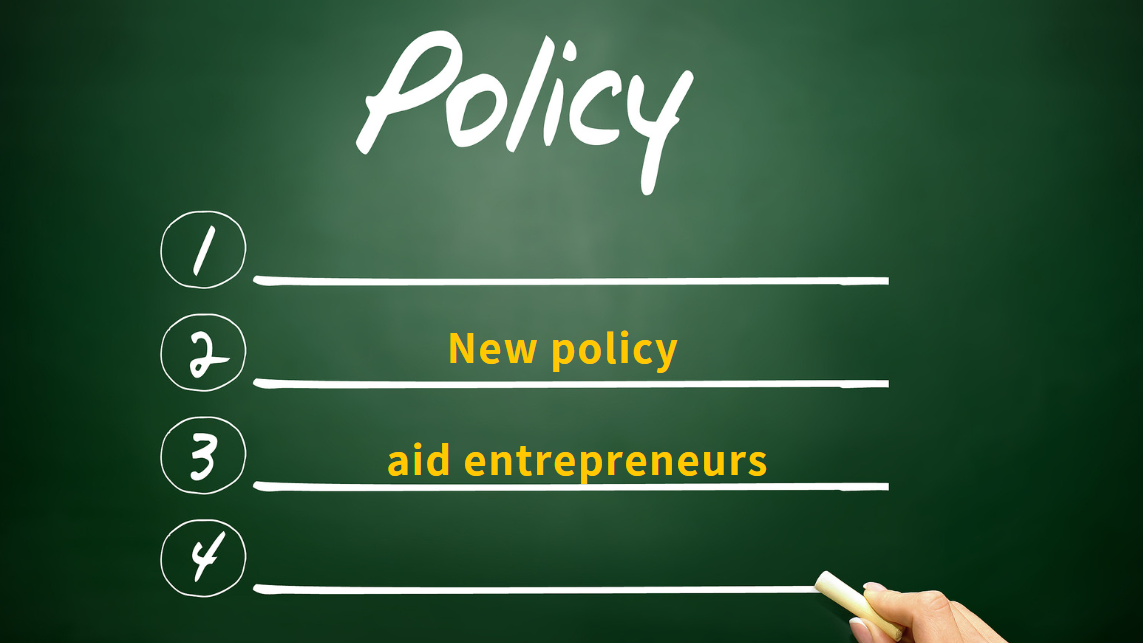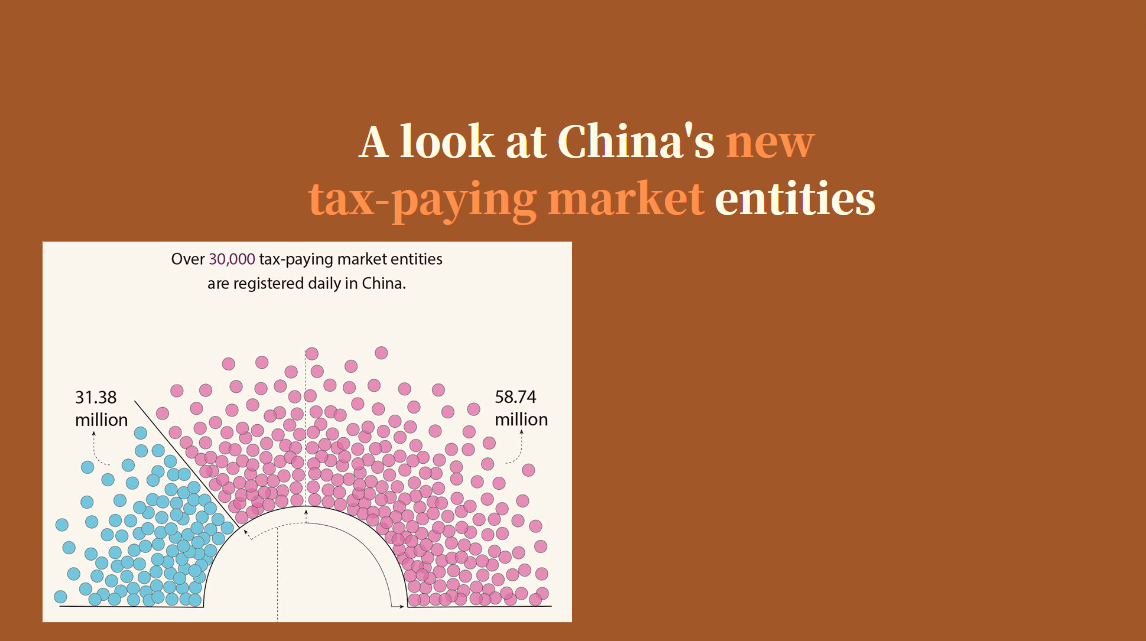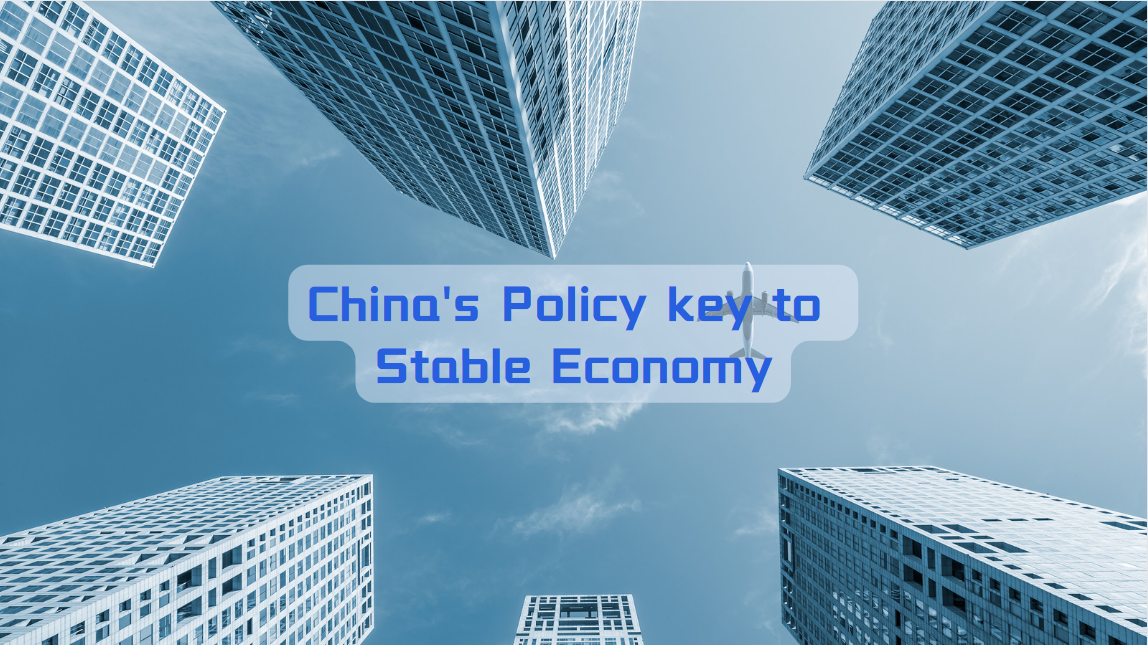China further eases corporate burden with tax, fee support
Among the total, value-added tax (VAT) credit refunds reached nearly 2.31 trillion yuan, more than 3.5 times the annual amount of last year, Wang Daoshu, deputy head of the State Taxation Administration (STA), told a press conference.
Preferential tax and fee reduction policies saved taxpayers 789.6 billion yuan in this period, while deferred payment of tax and fees came in at 679.7 billion yuan, according to Wang.
The policy package has effectively eased tax and fee burdens on enterprises and facilitated economic recovery. For the 100,000 key enterprises monitored by taxation authorities, their tax and fee payment per 100 yuan of operating revenue dropped 5.3 percent, Wang said, noting that the reduction for equipment manufacturers was 9.6 percent.
With tax and fee policies paying off, sales revenue of Chinese enterprises has grown 3.4 percent year-on-year since the third quarter, accelerating from 1.1 percent in the second quarter.
From the beginning of this year to Nov 10, enterprises' spending on equipment purchase rose 4.9 percent year-on-year, 1 percentage point higher than the increase in the first half of this year, Wang said.
VAT credit refunds, a key part of the policy package this year, have played a critical role in helping enterprises overcome difficulties and stabilizing the economy, especially for small firms, said Cai Zili, chief auditor of the STA.
Of all the taxpayers who have enjoyed VAT credit refunds this year, 93.1 percent are small and micro enterprises, who have received 917.8 billion yuan of such refunds, accounting for 39.7 percent of the total amount, said Cai.
Industry-wise, 26.7 percent of the VAT credit refunds went to the manufacturers, while sectors like transport, wholesaling and retailing, and construction also benefitted significantly from the refund campaign.
Cai said industrial firms that enjoyed the VAT credit refunds witnessed a year-on-year rise of 10.3 percent in sales revenue this year as of Nov 10, 2.2 percentage points higher than those who did not obtain such refunds.
China's supportive taxation policies to boost the auto market have also proved effective, said Wang. The country announced earlier this year it would slash the purchase tax for eligible passenger vehicles and extend the purchase-tax exemption for new energy vehicles (NEVs).
From the beginning of this year to Nov 10, NEV sales reached 4.48 million units, up 78.1 percent, year-on-year. From June to October, sales of passenger cars eligible for the tax cut were 20.6 percent higher than the January-May level, when the tax cuts were yet to take effect.





















































First, please LoginComment After ~